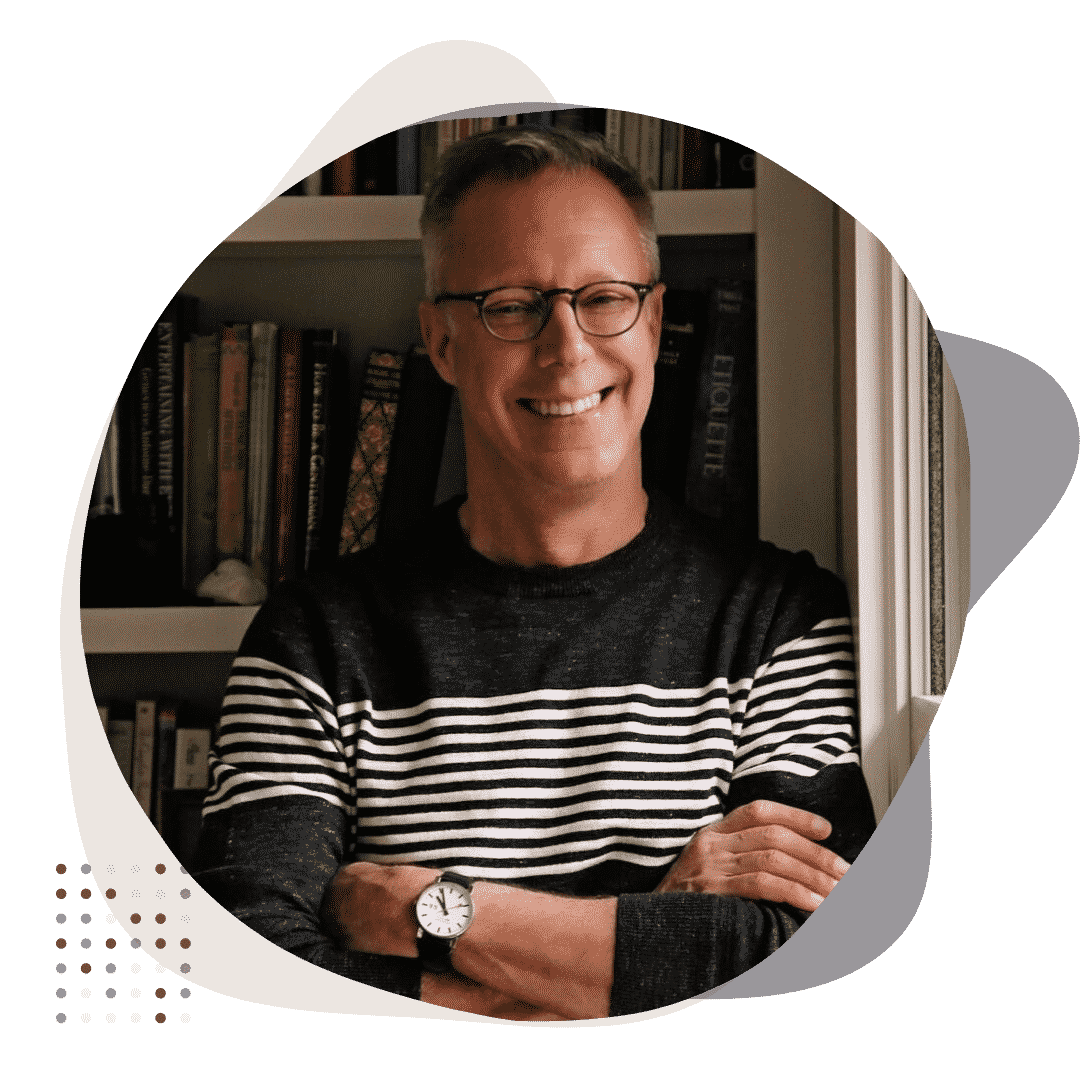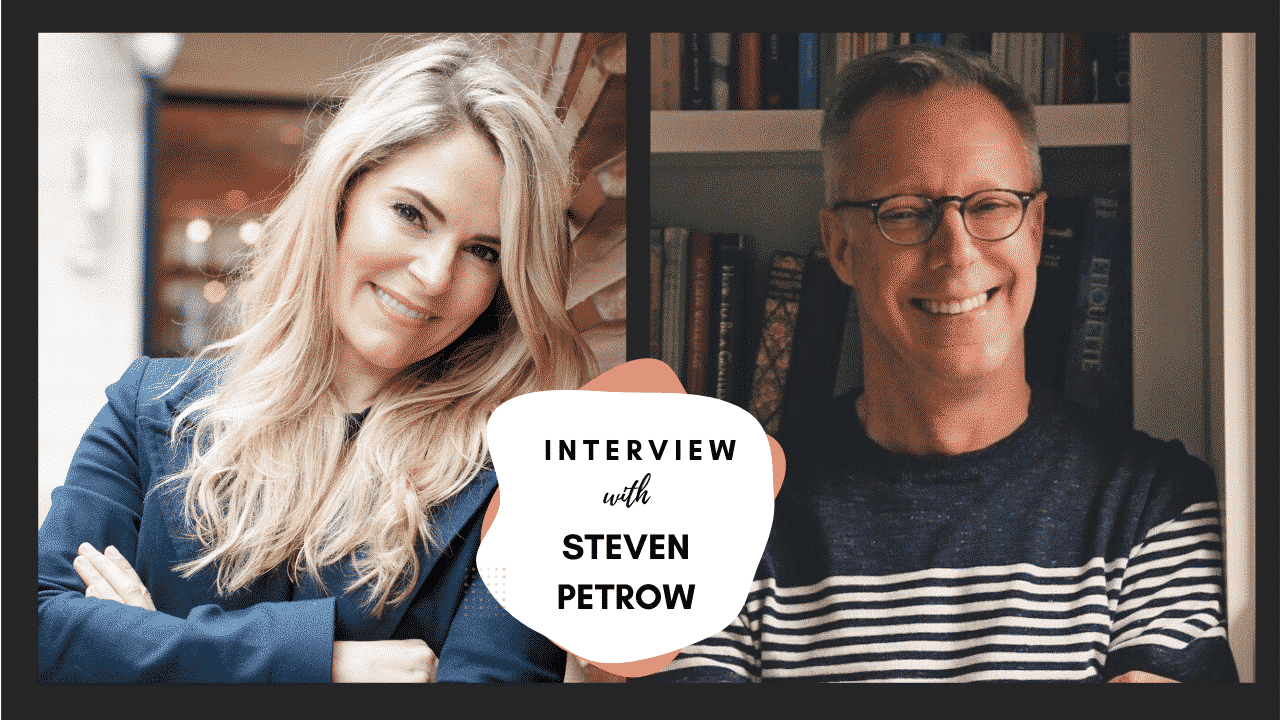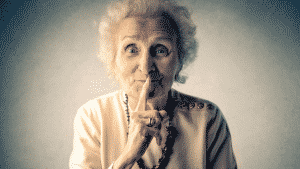I have to admit, as a Geropsychologist who strives toward anti-ageism, when I set out to read Steven Petrow’s new book, STUPID THINGS I WON’T DO WHEN I GET OLD, I was skeptical. I judged the book by its title and doubted that it would match my mission of anti-ageism, but boy was I wrong. Steven Petrow’s new book is a warm and witty journey through aging and the valuable lessons learned along the way.
In this podcast episode, Steven and I dive deep into his book and explore:
- Steven’s journey with aging
- The important role of intergenerational relationships
- The courage to discuss mental health concerns like depression and suicide
- Finding balance and resilience
- End of life love letters
- How to respond when someone makes an ageist “gaffe”
At the end of this episode, you’ll have more tools to stop age shaming so that you can enjoy the ride.
“Whether it’s falling in a yoga class or falling short in life, I can see more clearly now that the coveted state of balance is not about status, or symmetry, but flexibility and change.”
– Steven Petrow

About Steven Petrow
Steven Petrow, the author of STUPID THINGS I WON’T DO WHEN I GET OLD, is an award-winning journalist and book author who is best known for his Washington Post and New York Times essays on aging, health, and civility. He’s also an opinion columnist for USA Today, where he writes about civil discourse and manners. Steven’s 2019 TED Talk, “3 Ways to Practice Civility” has been viewed nearly two million times and translated into 16 languages. Steven is the author of five other books, the most recent of which is Steven Petrow’s Complete Gay & Lesbian Manners. He’s a much sought after public speaker and you’re likely to hear Steven when you stream NPR or one of your favorite — or least favorite — TV networks. Steven also served as the host and executive producer of “The Civilist,” a podcast from Public Radio International and North Carolina Public Radio WUNC. A former president of NLGJA: The Association of LGBTQ Journalists, Steven is the recipient of numerous awards and grants, including those from the National Endowment for the Humanities, the Smithsonian Institution, the Ucross Foundation, the Virginia Center for the Creative Arts, and the National Press Foundation. In 2017, he became the named sponsor of the Steven Petrow LGBTQ Fellowship at the VCCA, a prize that is awarded annually. Steven lives in Hillsborough, N.C. with his cocker spaniel, Binx Bolling.
- Buy Steven Petrow’s new book, Stupid Things I Won’t Do When I Get Old
- Join Steven Petrow on Facebook





